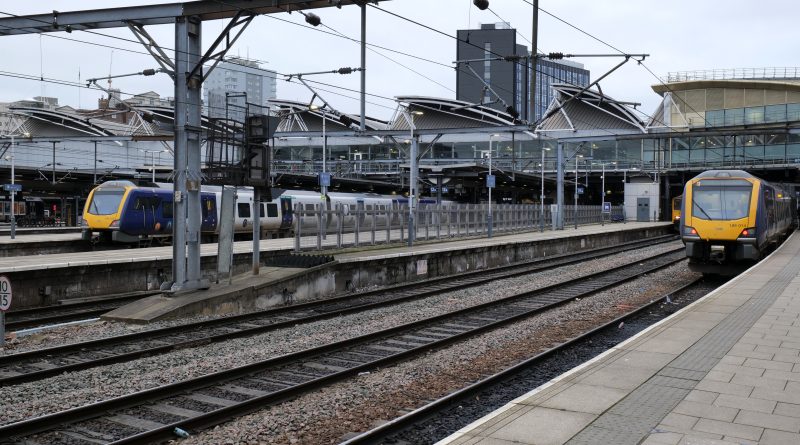UK government commits £1.7bn to Northern transport upgrades
The UK government’s recent £1.7 billion commitment to transport infrastructure in Northern England has attracted both support and scepticism. Presented as a cornerstone of Labour’s regional development strategy, the package was announced with the aim of rebalancing the country’s infrastructure priorities away from London and the South East.
At the centre of the plan are rail, bus, and road upgrades across key Northern cities. Prime Minister Keir Starmer described the announcement as a step towards correcting years of regional underinvestment. However, critics quickly questioned whether the funding represents a real shift or simply a rebranding of projects previously proposed.
The £1.7 billion headline has sparked interest and scrutiny. Political commentators and the public are asking whether it reflects genuinely new funding or a reshuffling of existing budgets. With a general election approaching, the details of what is included may prove just as important as the total figure itself.
Labour’s pledge: A detailed look at what the £1.7bn will fund
At the core of Labour’s transport strategy is an upgrade to the TransPennine rail route, which connects Manchester, Huddersfield, Leeds, and York. With £415 million allocated, the aim is to cut journey times between Manchester and Leeds from 50 to 42 minutes. This section of track has faced longstanding delays and capacity issues, and modernisation is expected to benefit both commuters and freight services.
A further £270 million will be invested in regional bus networks, focused on modernising fleets and improving service reliability. For those in underserved or rural communities, this has the potential to significantly improve daily transport options.
The plan also allocates £330 million for road maintenance. This is intended to tackle worn surfaces and improve safety across commuter routes, especially in towns where infrastructure has received little attention in recent years.
Additional projects highlight a focus on local transport hubs. These include £80 million for the Bury Interchange, a proposed Merseyrail station in Liverpool’s Baltic Triangle, and new tram developments in West Yorkshire. These investments suggest an effort to target funds where local growth and connectivity needs are the highest.
Is the plan new?
A key point of debate is whether the funding outlined in Labour’s plan is genuinely new. The Conservative Party has argued that several featured projects were already in motion under their government. They claim Labour is simply repackaging these schemes with updated branding.
Labour ministers argue that while some initiatives began under previous administrations, the current government is expanding them and accelerating their timelines. Analysts suggest the truth lies somewhere in between. Infrastructure projects often span multiple political cycles, and it can be difficult to draw a clear line between continuity and reinvention.
Improved transport in the North is about more than infrastructure. It directly connects to economic growth, productivity, and social mobility. Faster rail and bus routes help businesses access wider labour markets, reduce commuting times, and streamline freight logistics. Cities like Leeds and Manchester stand to gain, especially in sectors such as fintech and life sciences where access and mobility matter.
Public opinion remains divided. Some welcome the renewed focus on regional transport, while others doubt whether the projects will move from blueprint to reality within a meaningful timeframe.
Sources:
Manchester Evening News
Eastern Eye
